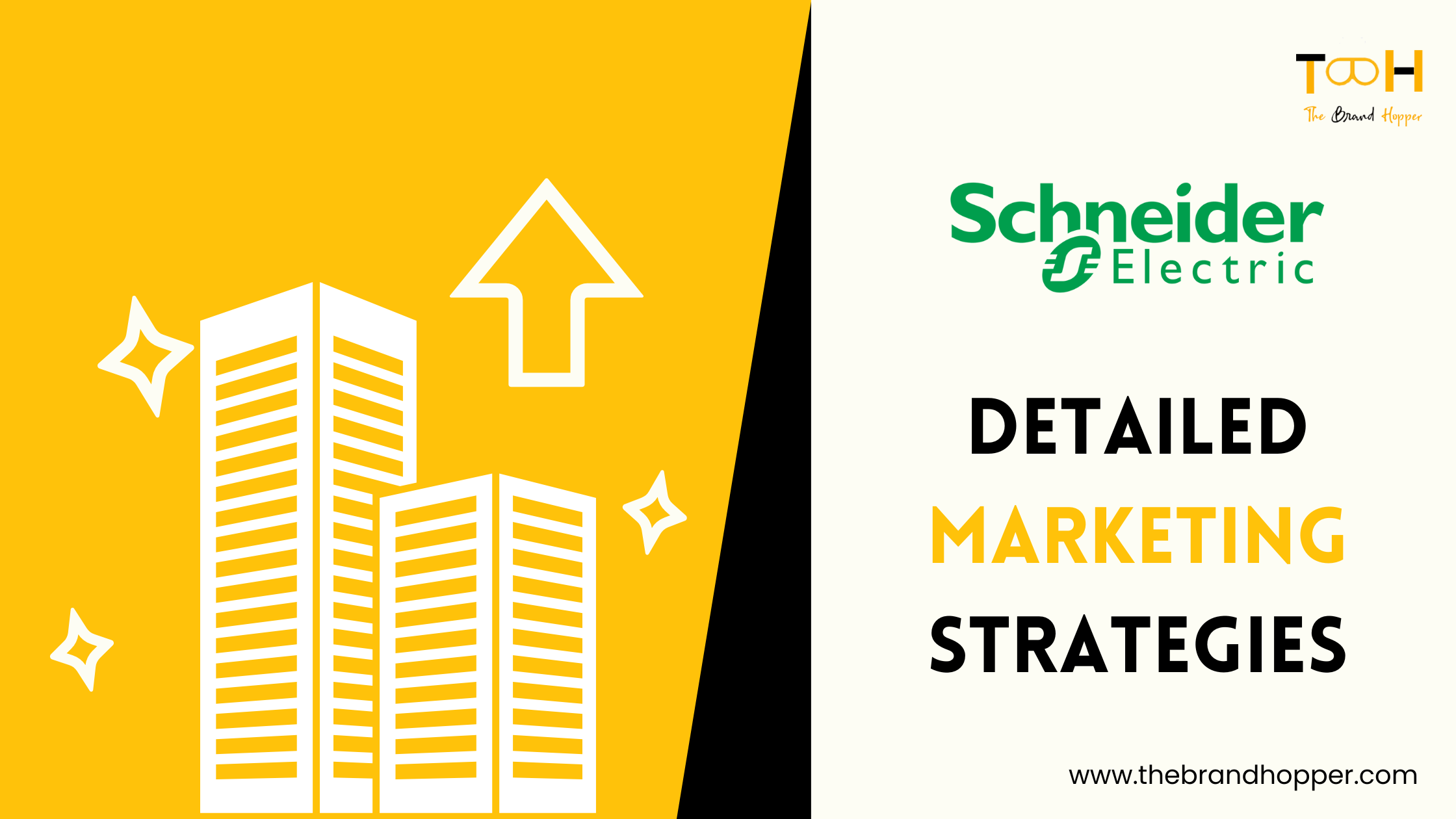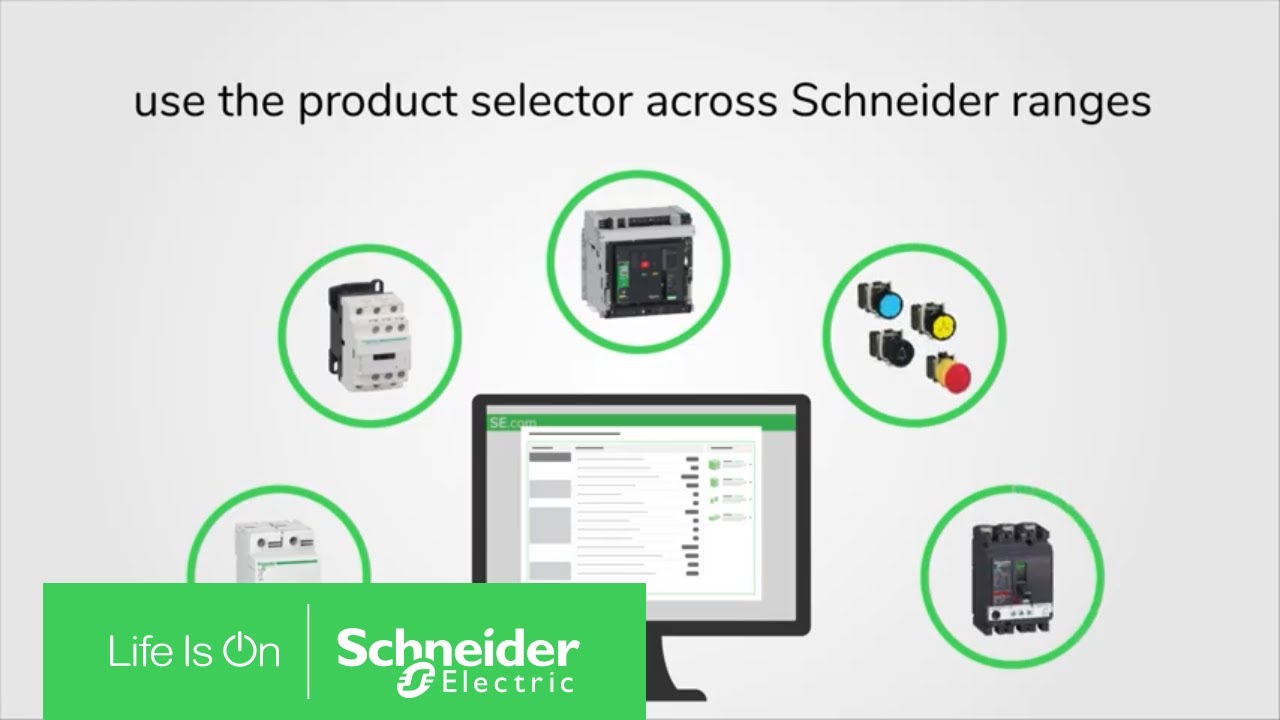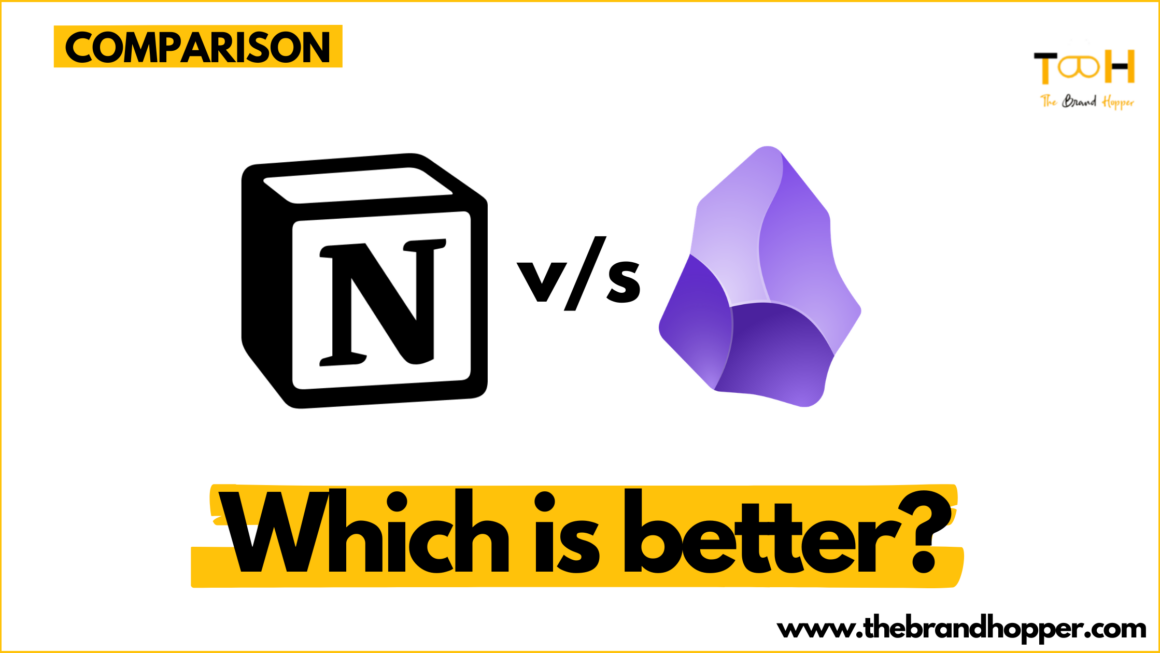In today’s ever-evolving landscape of energy consumption and automation, Schneider Electric stands as a global leader. This French multinational, established in 1836, has carved a niche for itself in the digital automation and energy management space. From homes and buildings to data centers, infrastructure, and industries, Schneider Electric offers a comprehensive suite of integrated solutions designed to bridge progress with sustainability.
Schneider Electric’s rich history began in 1836 when brothers Adolphe and Joseph-Eugene Schneider took over an iron foundry in Le Creusot, France. Their company, Schneider-Creusot, initially focused on steel, heavy machinery, and transportation equipment. Over time, the company diversified, even venturing into weapons manufacturing following the Franco-Prussian War. However, the 20th century marked a significant shift towards electrical engineering, paving the way for the Schneider Electric we know today.
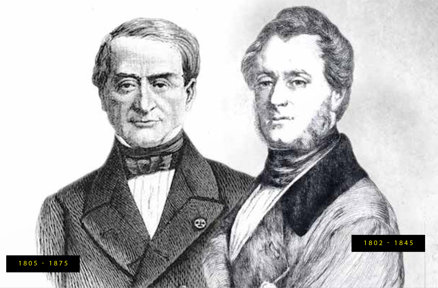
Schneider Electric’s core mission is to empower all to make the most of our energy and resources. This translates into a dedication to creating solutions that promote efficiency and sustainability across various sectors. The company achieves this by combining a powerful mix of technologies:
- Energy Technologies: From low-voltage electrical distribution and circuit breakers to medium-voltage transformers and power grids, Schneider Electric provides the hardware foundation for efficient energy management.
- Real-time Automation: Intelligent automation systems play a crucial role in optimizing energy usage. Schneider Electric’s solutions allow for real-time monitoring and control of electrical systems, enabling users to identify and address inefficiencies.
- Software: Advanced software platforms act as the brains behind Schneider Electric’s solutions. These platforms collect data, analyze trends, and provide actionable insights to optimize energy use and ensure system health.
- Services: Schneider Electric goes beyond simply providing products. The company offers a comprehensive range of services, including consulting, design, installation, and maintenance, ensuring a holistic approach to energy management.
One of Schneider Electric’s most prominent offerings is EcoStruxure™, a digital architecture that integrates these core technologies. EcoStruxure™ allows users to create a connected ecosystem that spans products, software, and services. This interconnected platform provides unparalleled visibility and control over energy usage, enabling businesses and individuals to make informed decisions for a more sustainable future.
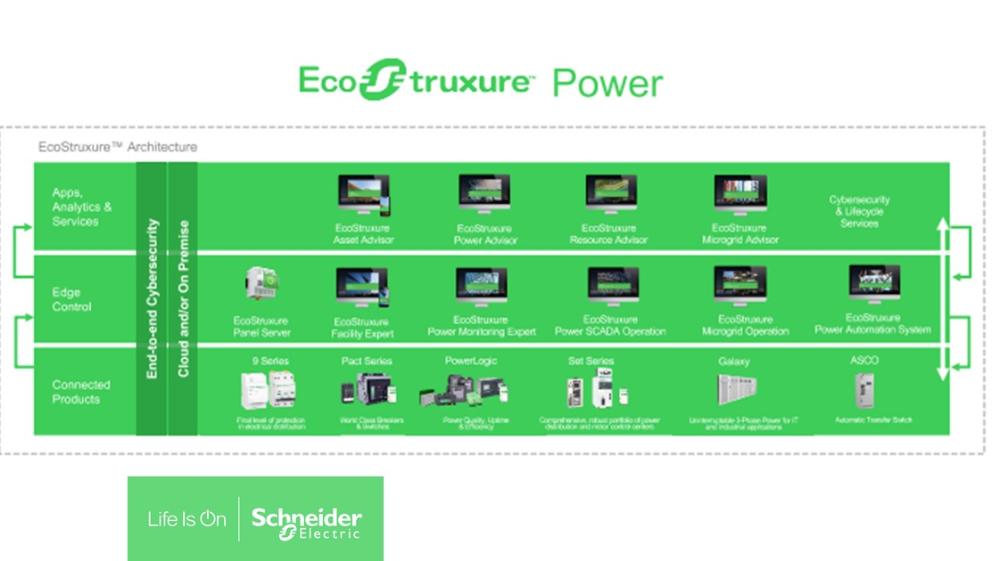
Schneider Electric’s global presence is undeniable. A Fortune Global 500 company, it boasts a strong market position with a wide network of offices and partners across the globe. Committed to open standards and fostering collaborative ecosystems, Schneider Electric works with other industry leaders to drive innovation and accelerate progress towards a more sustainable future. As the world grapples with the challenges of climate change and resource scarcity, Schneider Electric stands poised to play a pivotal role in shaping a more energy-efficient tomorrow.
Marketing Strategies of Schneider Electric
Schneider Electric employs various marketing strategies to maintain its competitive edge and expand its market share. Here’s an overview of some key strategies:
1. Segmentation
Schneider Electric leverages segmentation as a key marketing strategy to deliver targeted solutions for distinct customer needs. By dividing its offerings into two core segments – Energy Management and Industrial Automation – Schneider Electric tailors its approach to resonate more effectively with each customer base.
The Energy Management segment caters to customers seeking to optimize energy consumption and costs. This segment offers products like smart meters, specialized software, and efficiency services, directly addressing challenges faced by businesses and individuals in managing their energy footprint.
Similarly, the Industrial Automation segment focuses on customers aiming to streamline industrial processes. Products like programmable logic controllers and industrial software cater to this segment, empowering businesses with automation solutions for their specific needs.
This targeted approach allows Schneider Electric to deliver solutions with a deeper understanding of each customer segment, ultimately strengthening their market position in both energy and industrial automation.
2. Product Portfolio Positioning
Schneider Electric strategically positions its product portfolio to address a core customer concern: achieving a balance between progress and sustainability. This bold positioning statement underlines their commitment to empowering customers across various sectors to optimize energy use, environmental impact, and operational efficiency.
Their extensive product range caters to diverse needs, encompassing everything from basic electrical components to sophisticated automation systems. For homes and buildings, Schneider Electric offers light switches, surge protectors, and home automation solutions. This focus on smart home technology empowers individuals to manage their energy use more effectively. Data centers benefit from Schneider Electric’s Uninterruptible Power Supply (UPS) systems and infrastructure solutions, ensuring critical operations remain uninterrupted.
Beyond residential and commercial applications, Schneider Electric positions itself as a leader in industrial automation. They provide programmable relays, motion controllers, and Triconex safety instrumented systems, empowering businesses to automate processes, improve control systems, and prioritize worker safety. This focus on industrial automation aligns with the growing demand for streamlined operations and enhanced safety measures.
Schneider Electric further strengthens its product portfolio positioning by catering to the burgeoning electric vehicle (EV) market. With fast electric car charging facilities and related solutions, they position themselves as a key player in the transition towards sustainable transportation. This forward-thinking approach demonstrates their commitment to evolving alongside technological advancements.
Schneider Electric’s well-rounded product portfolio caters to a broad spectrum of customers. Residential and commercial settings, alongside diverse industries, all find solutions tailored to their specific needs. Their offerings encompass electrical distribution and protection equipment, control and signaling devices, and comprehensive building management systems. This breadth ensures they can address a wide range of challenges faced by their customers. Schneider Electric’s unwavering commitment to quality and reliability further strengthens their market position, ensuring customers can trust their products to deliver exceptional performance and longevity.
3. Thought Leadership
Schneider Electric leverages thought leadership as a powerful marketing strategy, establishing itself as a frontrunner in shaping the future of energy. The company boldly champions sustainability and a zero-carbon future, positioning itself as a trusted advisor for customers navigating this crucial transition.
Their thought leadership focuses on two key pillars: sustainability and digital transformation. They firmly believe that electricity will play a dominant role in a decarbonized world, and actively invest in research and development to create innovative technologies empowering customers to minimize energy consumption and operate more sustainably.
Beyond advocating for sustainability, Schneider Electric recognizes the transformative potential of digital technologies. They heavily invest in advancements like the Internet of Things (IoT), artificial intelligence (AI), and machine learning (ML). These advancements fuel the development of next-generation products and services that empower customers to optimize energy use and achieve greater sustainability. This commitment to digital innovation positions Schneider Electric as a leader at the forefront of the energy industry’s digital transformation.
Schneider Electric’s thought leadership extends beyond pronouncements. They actively translate their vision into actionable resources for customers. White papers outlining the roadmap to a zero-carbon future, the Schneider Electric Energy Efficiency Calculator, and partnerships with sustainability champions like the World Economic Forum are just a few examples of their commitment to knowledge sharing and collaborative action. Through these initiatives, Schneider Electric solidifies its position as a thought leader shaping the future of a sustainable and efficient energy landscape.
4. Partnerships and Alliances
Schneider Electric fosters a collaborative ecosystem through strategic partnerships and alliances, a cornerstone of their marketing strategy. By teaming up with industry leaders across 67 countries, including companies like AVEVA, Autodesk, and BPX, Schneider Electric amplifies its ability to deliver on its core mission of empowering all to make the most of our energy and resources. These partnerships address a broad spectrum of customer needs, encompassing business growth, safety, reliability, efficiency, sustainability, and seamless connectivity.
Let’s delve into some key examples of these partnerships and alliances:
- AVEVA: This collaboration focuses on merging Schneider Electric’s energy management and automation systems with AVEVA’s industrial software expertise. This combined force empowers businesses to accelerate their digital transformation journey, unlocking new levels of operational efficiency.
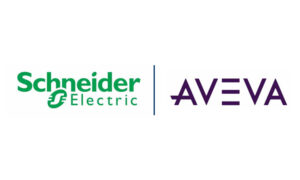
- Autodesk: Schneider Electric and Autodesk’s alliance tackles the evolving energy landscape. Together, they analyze electrical distribution systems, ensuring businesses can plan and adapt to the changing energy environment.
These partnerships extend beyond product development. Award recognition programs acknowledge outstanding contributions from various partners. For instance, BPX was recognized as the 2023 Global Alliance Industrial Automation Distributor Partner of the Year, highlighting their exceptional work in distribution. Similarly, Integrated Intelligent Solutions & Technologies Pvt Ltd snagged the 2023 Global Alliance System Integrator Partner of the Year award, showcasing their expertise in system integration.
Schneider Electric’s partner programs stand out by fostering a win-win scenario. These programs encourage partner companies to embrace efficient and sustainable practices, aligning perfectly with Schneider Electric’s core values. Ultimately, these partnerships and alliances strengthen Schneider Electric’s market position by creating a robust ecosystem that delivers comprehensive solutions that cater to the diverse needs of its global customer base.
5. Sustainability and Corporate Social Responsibility (CSR)
Schneider Electric goes beyond traditional marketing strategies by weaving sustainability and Corporate Social Responsibility (CSR) into the very fabric of their operations. This commitment is embodied in their six long-term sustainability goals, aptly named “Equal,” “Generations,” “Local,” “Climate,” “Resources,” and “Trust.” These goals encompass diversity and inclusion, workforce development, empowering local communities, climate action, resource efficiency, and ethical conduct. By championing these causes, Schneider Electric positions itself as a responsible leader, resonating with customers who share similar values.
Their CSR initiatives demonstrate a deep alignment with the United Nations Sustainable Development Goals (SDGs), a globally recognized framework for achieving a sustainable future. Schneider Electric’s efforts directly contribute to SDGs like clean energy access, economic development, and reducing inequalities. Their Sustainability Impact 2021-2025 program underscores this commitment with ambitious targets that support these critical goals.
Concrete examples illustrate the impact of Schneider Electric’s sustainability and CSR efforts. Commissioning solar arrays in China to generate renewable energy, partnering with eco-conscious logistics providers, and the Schneider Electric India Foundation’s focus on “5 Es” (Education, Employment, Entrepreneurship, Electrification, and Emergency) to empower communities through access to energy – these initiatives showcase their dedication to environmental and social well-being.
Through these impactful actions, Schneider Electric goes beyond marketing. They demonstrate a genuine commitment to creating a positive global impact, fostering brand loyalty among customers who value sustainability and social responsibility.
Overall, Schneider Electric’s marketing strategies revolve around understanding customer needs, delivering value through innovative solutions, building strong partnerships, and maintaining a focus on sustainability and corporate responsibility. By leveraging these strategies, the company continues to strengthen its position as a leading provider of energy management and automation solutions globally.
Marketing Mix of Schneider Electric
Schneider Electric wields a powerful marketing mix (4Ps) to captivate customers across industries. Let’s delve into each element in detail, exploring the strategic nuances that fuel their success.
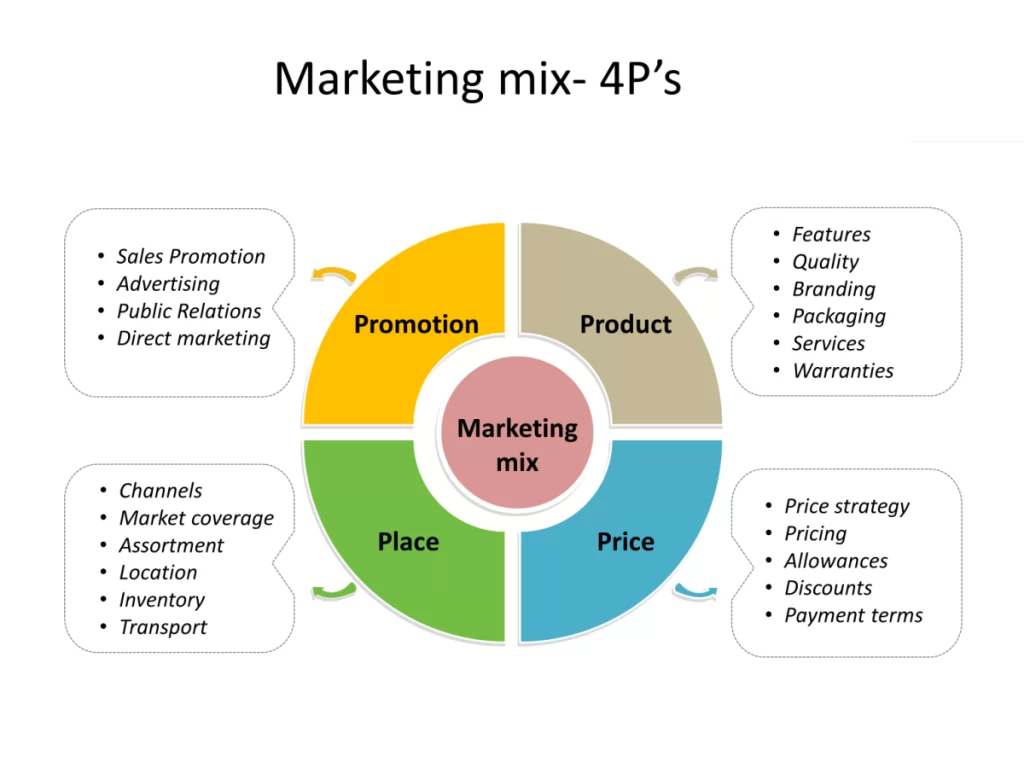
1. Product:
Breadth and Depth: Schneider Electric boasts a comprehensive product portfolio catering to diverse needs. This includes:
- Energy Management: Low-voltage electrical distribution equipment (circuit breakers, switches), smart meters, energy management software, energy efficiency services.
- Industrial Automation: Programmable logic controllers (PLCs), human-machine interfaces (HMIs), industrial software, motion controllers, safety systems.
- Building Management: Home automation solutions (lighting control, thermostats), building management systems.
- Data Center Solutions: Uninterruptible Power Supply (UPS) systems, infrastructure solutions.
- Emerging Technologies: Fast electric car charging facilities, solutions for the burgeoning electric vehicle (EV) market.
Innovation Focus: Schneider Electric prioritizes continuous innovation. They invest heavily in R&D to develop cutting-edge solutions that address evolving customer needs, like EcoStruxure™ – a digital architecture platform that integrates hardware, software, and services for enhanced energy management.
Sustainability Integration: Products are designed with sustainability in mind. Energy efficiency, resource optimization, and safety are key considerations throughout the product lifecycle.
2. Price:
Value-Based Pricing: Schneider Electric often employs value-based pricing, particularly for advanced technology solutions. This strategy sets prices based on the perceived value these solutions provide to customers, especially regarding energy efficiency, sustainability, and automation capabilities.
Segmentation-Driven Pricing: Pricing may vary depending on the customer segment. For instance, solutions for residential customers might be priced differently compared to industrial automation solutions catering to large-scale businesses.
3. Place (Distribution):
Extensive Network: Schneider Electric leverages a vast global distribution network spanning over 190 countries. This network includes local distributors, electrical equipment wholesalers, large distributors like Grainger and Rexel, and system integrators.
Multi-Channel Approach: Beyond traditional channels, Schneider Electric embraces online sales platforms, allowing for convenient customer access to their products.
Focus on Partners: Partnerships with distributors, system integrators, and other industry players play a crucial role in distribution. These partnerships ensure broad market reach and technical expertise for customer support.
Focus on Accessibility: Schneider Electric strives to make its products readily available to customers through their diverse distribution channels.
4. Promotion:
Thought Leadership: Schneider Electric positions itself as a thought leader in the energy management and automation space. They actively publish white papers, invest in research, and participate in industry events to establish themselves as a trusted resource for customers navigating the evolving energy landscape.
Digital Marketing: Schneider Electric utilizes various digital marketing tools to reach their target audience. This may include social media marketing, content marketing (blogs, webinars), and targeted online advertising.
Trade Shows and Events: Participation in industry trade shows and events allows Schneider Electric to showcase their solutions, connect with potential customers, and build brand awareness.
Partnerships for Promotion: Collaboration with partners extends beyond distribution. Joint marketing initiatives with industry leaders can amplify brand reach and messaging.
By meticulously crafting their 4Ps strategy, Schneider Electric effectively positions itself as a frontrunner in the energy management and automation space. Their comprehensive product portfolio, value-driven pricing, extensive distribution network, and strategic promotional activities all contribute to their global success. This well-orchestrated marketing mix allows them to cater to diverse customer needs while fostering a sustainable future.
Also Read: A Deep Dive into the Marketing Strategies of Siemens
To read more content like this, subscribe to our newsletter

